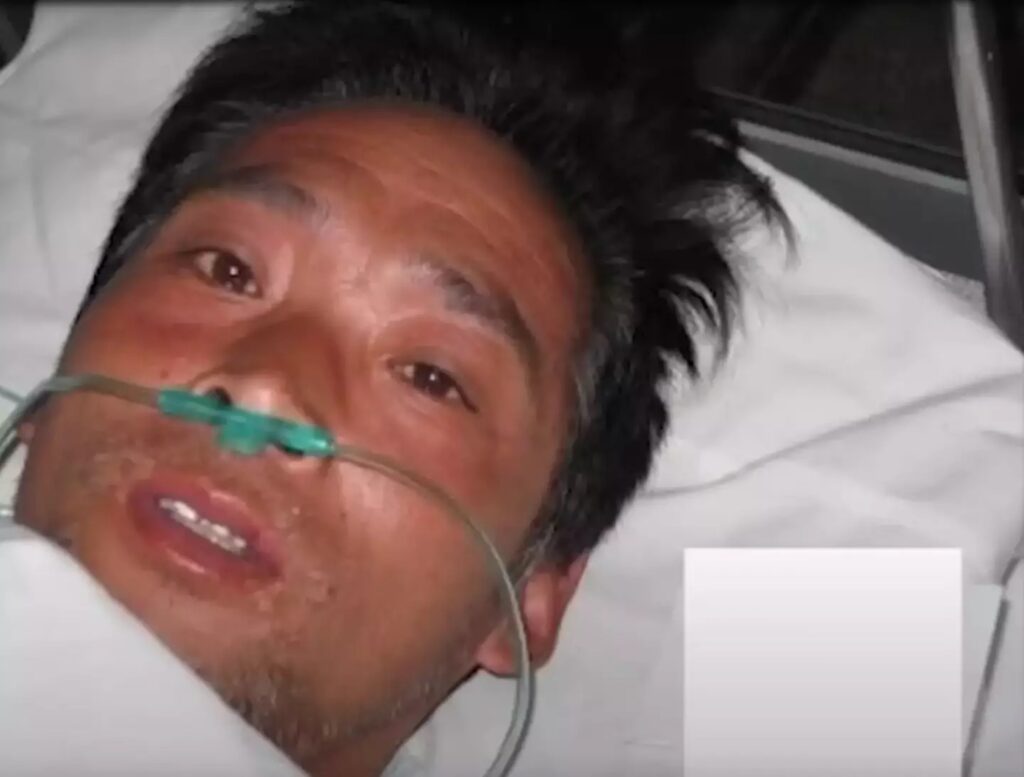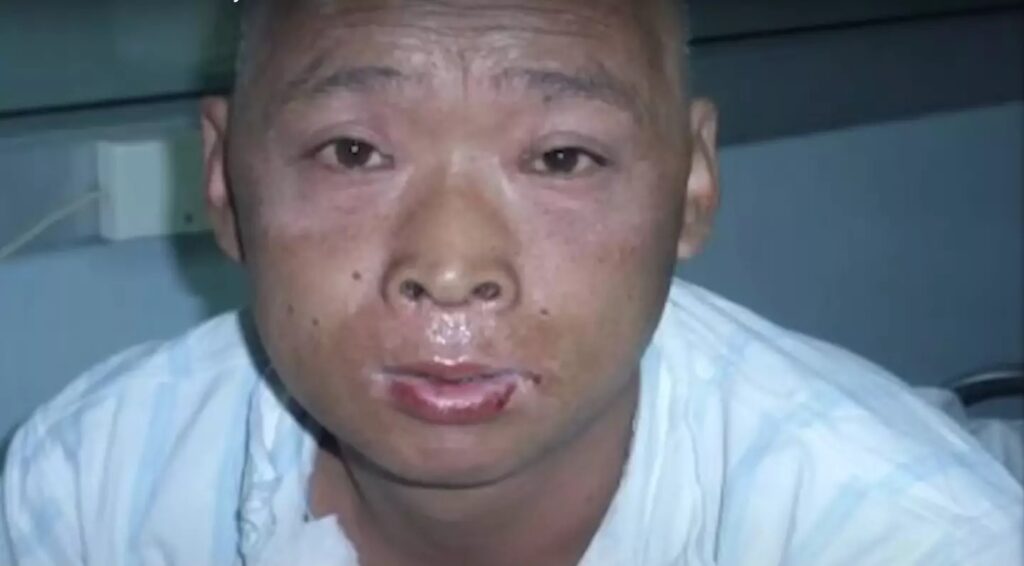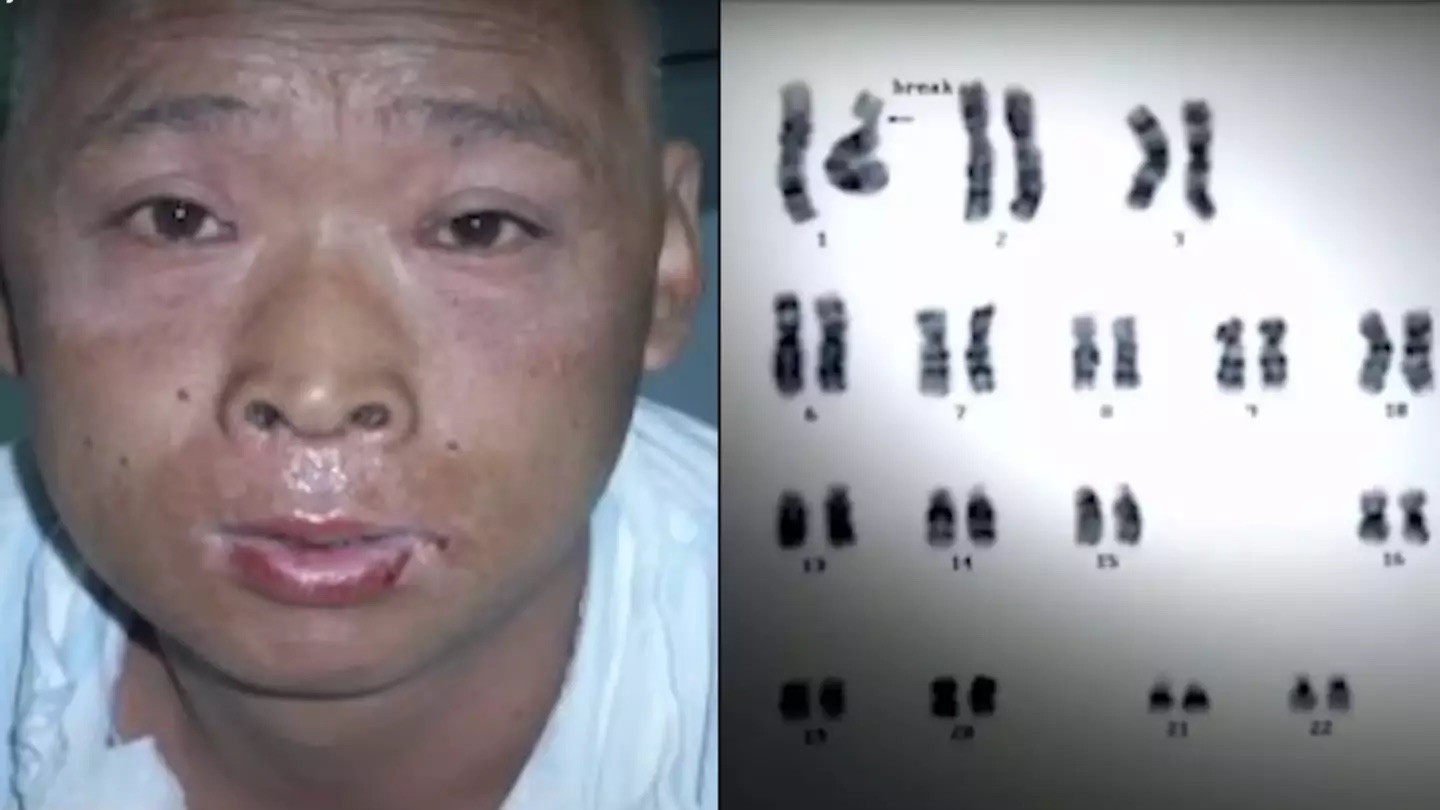A doctor recounted the horrific scene he witnessed as a man fatally exposed to radiation endured one of the most agonizing deaths. Hisashi Ouchi suffered a catastrophic accident on September 30, 1999, at Japan’s Tokaimura Nuclear Power Plant. Alongside colleagues Masato Shinohara and Yutaka Yokokawa, he was tasked with mixing uranyl nitrate in a large metal tank.
Lacking adequate experience, the team unintentionally initiated an uncontrolled nuclear fission chain reaction by adding too much uranium, exposing themselves to dangerous levels of radiation, including Cherenkov radiation and gamma rays. Ouchi, who was closest to the tank, absorbed 17,000 millisieverts (mSv) of radiation.

To put this in perspective, the international safety limit is 20 mSv per person per year, while a dose of 5,000 mSv is usually fatal. Ouchi’s coworkers received doses of 10,000 and 3,000 mSv. The incident was even more severe than exposures at Chernobyl, where responders encountered doses of 20 to 500 mSv.
Ouchi and Shinohara were moved to Tokyo University Hospital, where Ouchi received intensive care. Initially appearing stable, it was soon evident that his radiation exposure had destroyed his DNA, leaving his cells dysfunctional and drastically reducing his white blood cell count, essential to immune function. In December 1999, Dr. Kazuhiko Maekawa acknowledged that Ouchi’s chances of survival were slim.

This accident ranks among Japan’s most severe nuclear disasters. Ouchi lost consciousness shortly after the accident, experiencing vomiting and severe radiation burns. Despite multiple interventions—skin grafts, blood transfusions, and stem cell transplants—his condition continued to deteriorate. At one point, Ouchi reportedly begged doctors to let him die, saying, “I can’t take it anymore! I am not a guinea pig.” However, at his family’s request, his treatment continued. Even after suffering three heart attacks on his 59th day in the hospital, he was revived.
Ouchi eventually died on December 21, 1999, from multiple organ failure at 35. His colleague Shinohara also died of multiple organ failure in 2000, at the age of 40.
